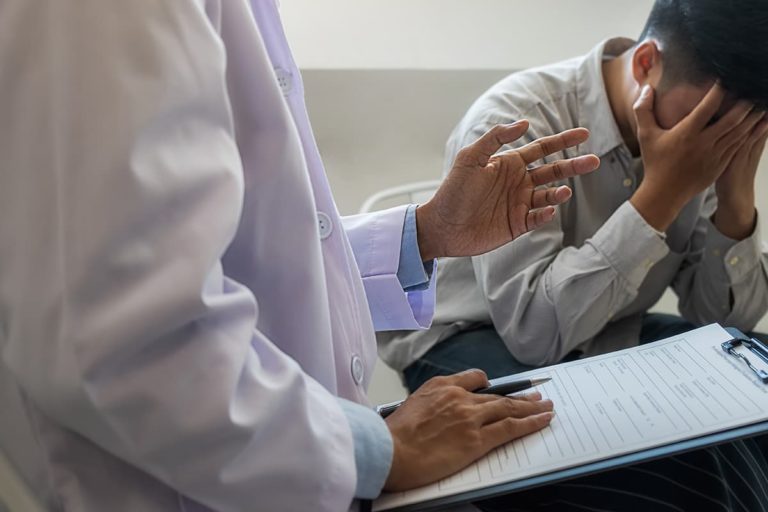Addiction is a chronic disease characterized by a compulsive behavioral pattern that continues regardless of the harmful consequences. A person who repeatedly relapses regardless of how many times they say they are going to quit. The relationship between science and addiction has become the center of research and discussion for over half a century.
Everyone from addiction treatment specialists and behavioral scientists to medical doctors and research institutions has conducted extensive studies of how addiction happens and how to help those who have the condition. While drug and alcohol detox programs like Liberty Bay Recovery Center are on the front lines of treatment, numerous private and government-funded organizations work in the background to find long-term solutions for addiction and associated mental disorders.
What is the Relationship Between Science and Addiction?
Two of the main stigmas of addiction are that the addicted person has the willpower to quit, and treatment is either ineffective or not needed. However, research contradicts these assertions. There is a strong collection of addiction and science that qualifies it as more than the addicted person’s choice.
Addiction is a Disease
The labeling of addiction as a disease provides insight into how addiction happens. Drug rehab centers in Portland, Maine treat addiction like any other disease for the following reasons:
- The normal structure or function of the brain becomes impaired.
- Addiction can be genetic.
- Symptoms of addiction are observable and, in some instances, measurable.
- The condition can return at any time (relapse).
- Addiction occurs because of harmful behaviors or mental disorders.
The same characteristics that define addiction also define other diseases. For example, two identical characteristics of addiction and other diseases are organ impairment (the brain) and the possibility of relapse. Just like cancer or liver disease, excessive, continued abuse of drugs or alcohol can lead to brain impairment, cirrhosis, or heart problems. The threat of the problem coming back after treatment is possible, which makes addiction similar to other diseases.
Addiction is Psychological and Physical
Another relationship between science and addiction is how the condition causes physical and psychological problems – both of which make it almost impossible to end the addiction without help from a residential addiction treatment center. On the physical side, addiction can impair or damage multiple organs and systems in the body, leaving the addicted person with some type of partial or full disability.
On the psychological side, addiction alters brain function. The brain may first form tolerance and then a dependence on drugs or alcohol. This reaction occurs because of the changes in the brain’s relationships with the central nervous system when the substance is consumed. Over time, the altered function becomes a pattern, which is incredibly difficult to break at the deepest psychological levels.
Addiction Requires Evidence-Based Treatment
Evidence-based treatment (EBT) is recognized as a primary form of care for addiction and mental health issues. EBT may include the following types of therapy:
- Cognitive-behavioral therapy
- Dialectical behavior therapy
- Trauma-informed care
- Experiential therapy
- Motivational interviewing
- Psychotherapy
Evidence-based treatment, such as cognitive-behavioral therapy, is grounded in extensive academic study, scientific research, and ongoing client observation. To recover from addiction, the addicted person needs to take part in evidence or science-based treatment to deal with addiction’s underlying psychological reasons.
One of the reasons why science and addiction treatment go hand-in-hand is that client recovery requires ongoing observation with treatment adjustments over time. The treatment’s success is both observable and measurable, giving therapists the ability to determine the likelihood of recovery and relapse.
Learn More About Science and Addiction at Liberty Bay
If you would like to learn more about science and addiction, as well as how to get treatment for your addiction, contact Liberty Bay Recovery Center at (855) 607-8758. We offer comprehensive care for all types of addictions and mental health issues.




